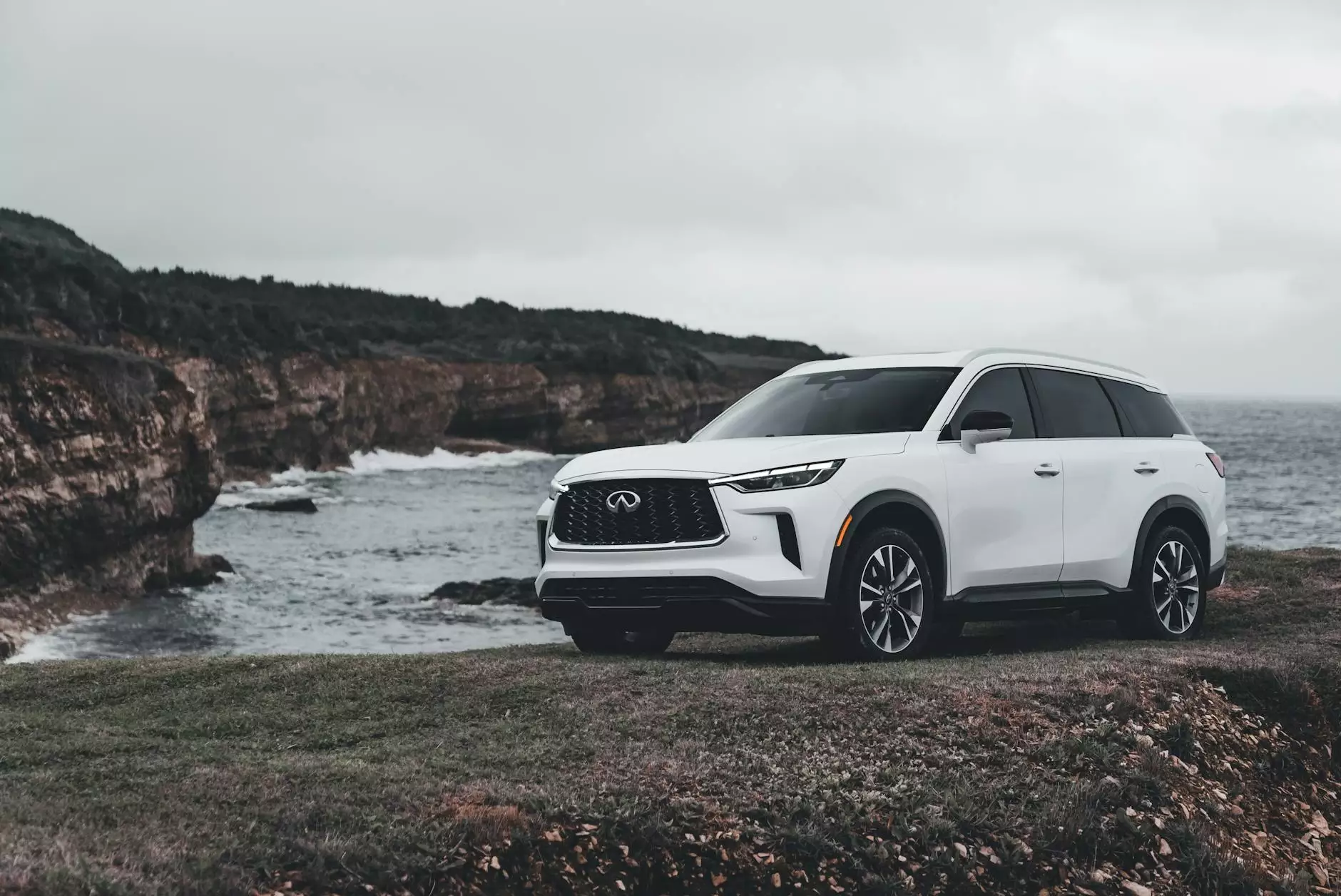Everything You Need to Know About Getting a Kansas Driver's License

Obtaining a driver's license is a crucial step in gaining independence and mobility, especially in states like Kansas, where public transportation may not be readily available. In this comprehensive article, we will explore the benefits of getting a Kansas driver's license, the application process, and important tips that can help you become a responsible driver.
The Importance of Having a Driver's License in Kansas
A driver's license is more than just a means of identification; it is a prized credential that opens doors to numerous opportunities. In Kansas, possessing a driver’s license is essential for several reasons:
- Independence: Having a driver's license allows individuals the freedom to travel without relying on public transportation or others for rides.
- Employment Opportunities: Many jobs require a valid driver's license, especially those that involve travel or transportation.
- Access to Services: Certain services are more accessible when you can travel freely, such as grocery shopping, medical appointments, and recreational activities.
- Emergency Situations: Having a car and the ability to drive can be invaluable in emergencies, allowing you to reach help quickly.
The Process of Getting a Kansas Driver's License
The journey to obtaining your driver's license in Kansas involves several steps. Here, we break down the process for you:
1. Determine Eligibility
Before you start the application process, ensure you meet the following eligibility requirements:
- You must be at least 15 years old to apply for a learner's permit.
- You need to provide proof of identity, residency, and lawful presence in the United States.
- If you are under 18, you will need parental consent.
2. Obtain a Learner's Permit
The first step is to apply for a learner's permit, which allows you to practice driving with a licensed adult. To obtain the permit:
- Visit a Kansas Department of Revenue (KDOR) office.
- Complete the required forms and pay the fee.
- Pass a vision and knowledge test. It’s wise to study the Kansas Driver’s Handbook beforehand.
3. Practice Driving
Once you obtain your learner's permit, you can legally practice driving. It is recommended to log at least 50 hours of driving experience, including 10 hours at night. During this phase, make sure to:
- Practice various driving conditions such as highways, urban settings, and rural roads.
- Learn defensive driving techniques to navigate safely.
4. Schedule a Driving Test
After meeting the practice requirements, you can schedule a driving test. To prepare:
- Review what to expect during the test, including common maneuvers.
- Ensure your vehicle meets safety requirements.
- Practice with a qualified instructor or experienced driver.
5. Pass the Driving Test
On test day, be sure to bring your learner’s permit, proof of identity, and any required documents. During the test, you will be evaluated on:
- Basic driving skills and safety.
- Your ability to follow the rules of the road.
- How well you handle your vehicle in various situations.
Benefits of Having a Kansas Driver's License
Beyond just the ability to drive legally, having a Kansas driver's license provides you with several significant advantages:
1. Legal Compliance
A driver's license is a legal requirement for anyone operating a motor vehicle. Having one ensures you are compliant with state laws and avoid fines or penalties.
2. Convenience
With a valid driver's license, errands and appointments become significantly easier, saving you time and reducing stress when getting around.
3. Identification
Your driver's license serves as an official form of identification that is widely accepted for various transactions, including purchasing age-restricted products and verifying your identity for travel.
4. Improved Insurance Options
Having a driver's license can also positively affect your car insurance rates, offering you access to better premiums and coverage options.
Common Myths About Driver's Licenses
There are several misconceptions associated with obtaining a driver's license in Kansas. Let’s debunk some of these myths:
- Myth 1: You must be 18 to get a driver's license. Reality: In Kansas, you can obtain a restricted license at 16, provided you meet the necessary learner's permit requirements.
- Myth 2: The driving test is impossible to pass. Reality: While the driving test can be challenging, adequate preparation and practice are key to passing comfortably.
- Myth 3: You don't need to study for the knowledge test. Reality: Familiarizing yourself with the Kansas Driver’s Handbook is crucial for success.
Conclusion: Why Getting a Kansas Driver's License is Worth It
In summary, obtaining a driver's license in Kansas is an essential step toward independence and increased opportunities. From legal compliance to enhanced convenience and improved job prospects, the benefits are plentiful. Whether you are a teenager just starting or an adult who has never had a license, the advantages of becoming a licensed driver are undeniable.
Ready to take the plunge? Start your journey by gathering the necessary documents and scheduling your learner's permit test. With determination and the right resources, you can join the ranks of responsible drivers in Kansas.
Get Started Today!
Don’t let the complexities of obtaining a driver’s license deter you! Embrace the process and enjoy the myriad of benefits that come with getting your Kansas driver's license. For more resources and assistance in navigating this journey, visit LittyIDs.com and prepare to hit the road with confidence.
getting kansas driver's license








